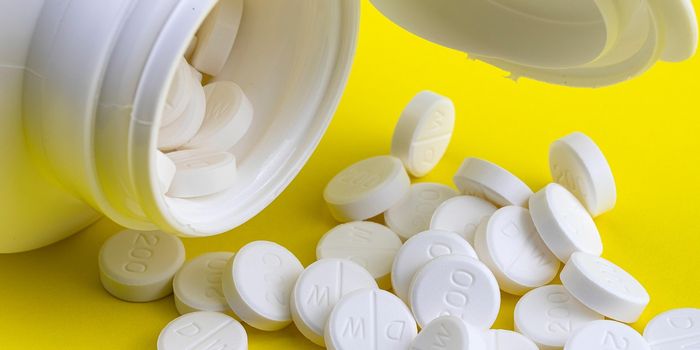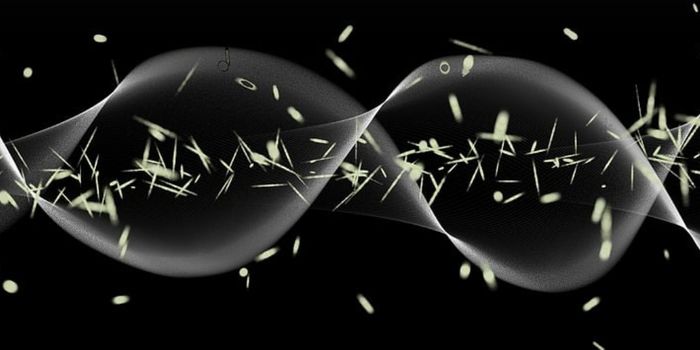Scientists Create Blood Test to Diagnose Depression and Bipolar Disorder
Up to 1 in 4 people are affected by mood disorders in their lifetimes. Due to a lack of objective diagnostic procedures, these conditions often go underdiagnosed and misdiagnosed. Now, however, researchers from the Indiana University School of Medicine have created a blood test that shows promise in diagnosing mood disorders like depression and bipolar disorder.
For the study, the researchers analyzed RNA biomarkers found in the blood of over 300 participants over four years. To begin, they examined participants' blood samples while in both high and low mood states to identify biomarkers that may indicate a change in mood. They also utilized large databases with details from previous research in the field to cross-validate their findings.
Next, the researchers validated the top 26 candidate biomarkers in independent cohorts of those with clinically severe depression or mania. These biomarkers were then tested in further independent groups to see whether they could be used to predict both who has and who would get depression and bipolar disorder.
In doing so, the researchers found that various blood biomarkers not only predicted one's mental state but also how to match patients with medications. They also found a potential new treatment for depression.
In addition to these findings, the researchers found that mood disorders are underpinned by genes governing one's circadian rhythm- those that regulate sleep-wake cycles. This, according to the researchers, explains why some patients' symptoms get worse with seasonal changes and why sleep alterations occur in mood disorders.
"Through this work, we wanted to develop blood tests for depression and for bipolar disorder, to distinguish between the two, and to match people to the right treatments," said Alexander B. Niculescu, lead author of the study.
"Blood biomarkers are emerging as important tools in disorders where subjective self-report by an individual, or a clinical impression of a health care professional, are not always reliable. These blood tests can open the door to precise, personalized matching with medications, and objective monitoring of response to treatment."
Sources: Nature, Science Daily









